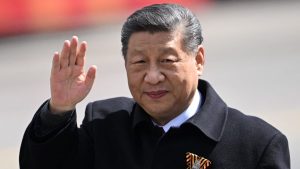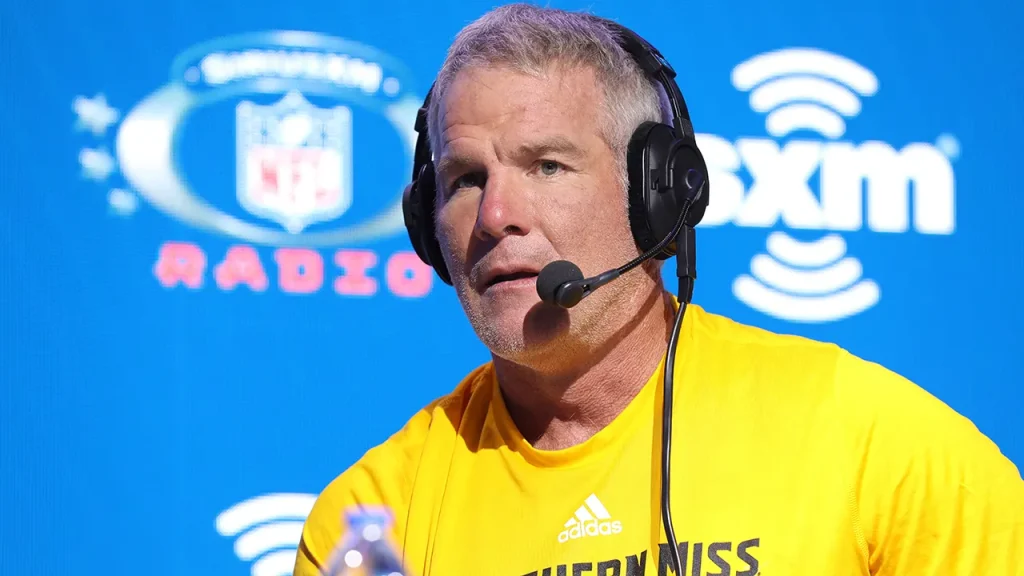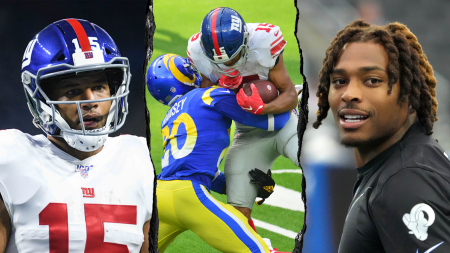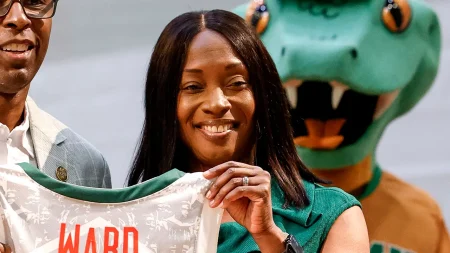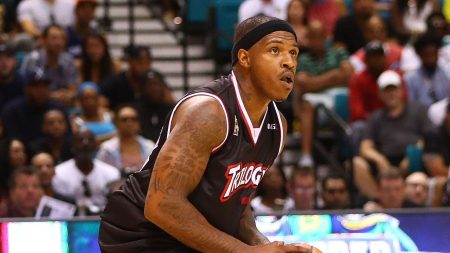Brett Favre, a prominent figure in the National Football League (NFL) and a Hall of Famer, has publicly reiterated his opposition to the inclusion of transgender women in women’s sports. His recent statement, shared on social media platform X (formerly Twitter), amplified an interview featuring Sage Steele and Riley Gaines, who lauded Senator Tommy Tuberville’s proposed “Protection of Women and Girls in Sports Act.” This legislation aims to define gender based solely on biological sex assigned at birth, effectively barring transgender women from competing in women’s sports at federally funded institutions. Favre’s endorsement of this bill aligns with his past comments on the issue, highlighting his conviction that biological differences between men and women necessitate separate sporting categories.
Favre’s stance has been consistent over time. In 2021, he criticized the participation of Laurel Hubbard, a transgender weightlifter, in the Olympics. He argued that allowing a transgender woman to compete in women’s weightlifting created an unfair advantage and would be distressing for cisgender female competitors. He extended this argument to encompass other transgender athletes, like BMX rider Chelsea Wolfe, expressing his disapproval of their inclusion in competitions representing the United States. He framed his objection around the principle of fairness, asserting that inherent biological differences create an uneven playing field. This stance underscores his belief in a binary understanding of sex and its direct correlation to athletic performance.
While Favre has collaborated with members of the LGBTQ+ community in the past, such as appearing on former NFL player Esera Tuaolo’s podcast to discuss head trauma, his actions surrounding transgender inclusion have drawn criticism. His perceived muted response to Caitlyn Jenner’s acceptance of the Arthur Ashe Award for Courage at the 2015 ESPY Awards was interpreted by some as a sign of disapproval. This incident, coupled with his outspoken opposition to transgender athletes, has placed him at odds with advocates for LGBTQ+ inclusion in sports. The apparent contradiction between his past collaborations and his public pronouncements on transgender athletes further complicates his position within the ongoing debate.
Favre’s public statements align with a broader societal discourse surrounding transgender rights and inclusion. Public opinion polls indicate a significant portion of the American population opposes the participation of transgender women in women’s sports. A Gallup poll conducted last year revealed that nearly 70% of Americans believe transgender women should not be allowed to compete alongside cisgender women. A separate survey by NORC at the University of Chicago found similar results, with 65% of respondents opposing transgender athletes competing in leagues that align with their gender identity, and 69% specifically opposing transgender women in women’s sports. This data suggests that Favre’s viewpoint resonates with a substantial segment of the population.
The issue of transgender participation in sports has become increasingly politicized, serving as a key campaign issue for conservative politicians like Donald Trump. A national exit poll conducted by the Concerned Women for America (CWA) revealed that a majority of moderate voters considered Trump’s opposition to transgender inclusion in sports and bathrooms as an important factor in their voting decisions. This politicization highlights the cultural significance of the issue and its potential impact on electoral outcomes. The debate extends beyond the realm of sports, touching upon broader questions of gender identity, fairness, and inclusion in society.
Favre’s vocal stance, alongside the proposed legislation and public opinion data, underscores the complex and contentious nature of this ongoing debate. The intersection of sports, gender identity, and political discourse presents a challenging landscape with deeply held beliefs on both sides. The future of transgender inclusion in sports remains uncertain, with the ongoing public and political discourse shaping the policies and practices that will ultimately determine the level of inclusivity and fairness within athletic competition. The issue highlights the broader challenges faced by transgender individuals as they navigate societal acceptance and integration, particularly in areas traditionally defined by biological sex.


